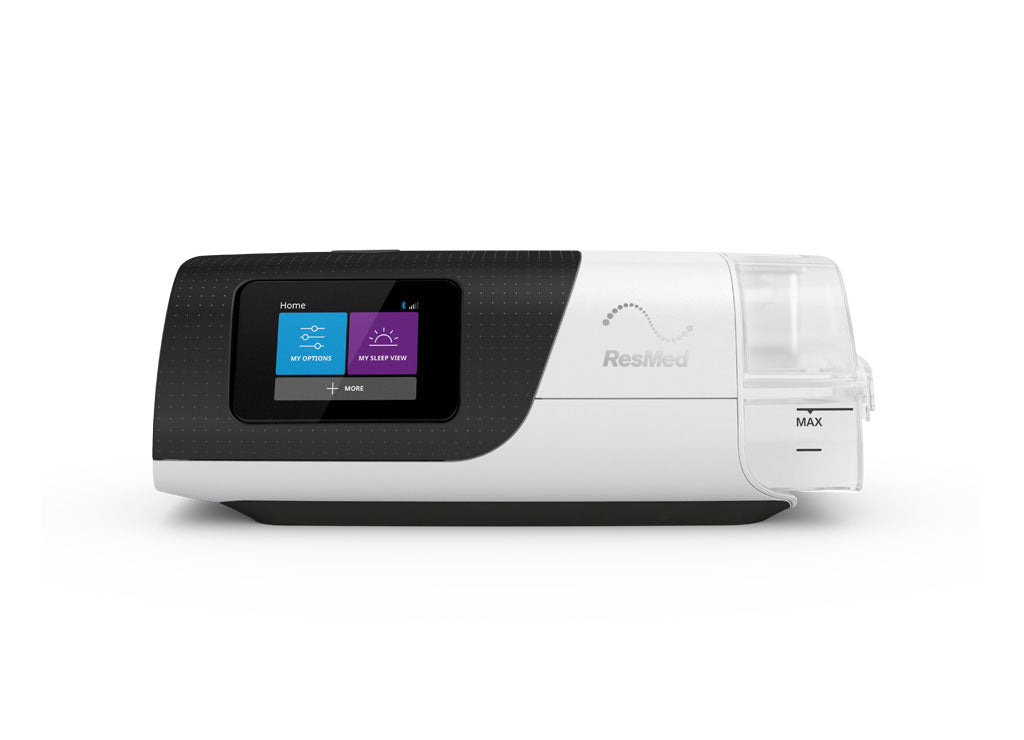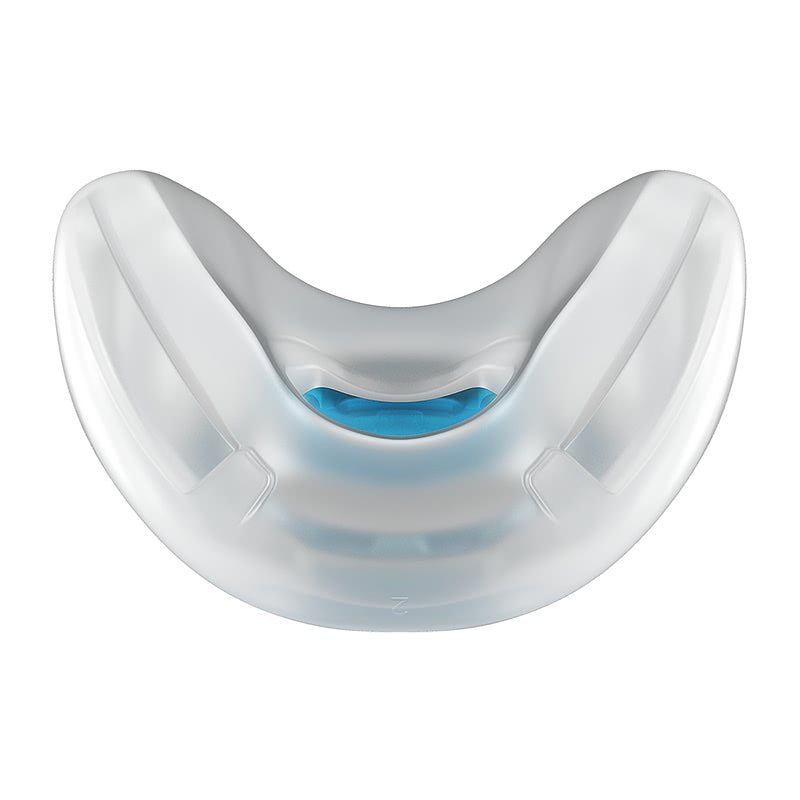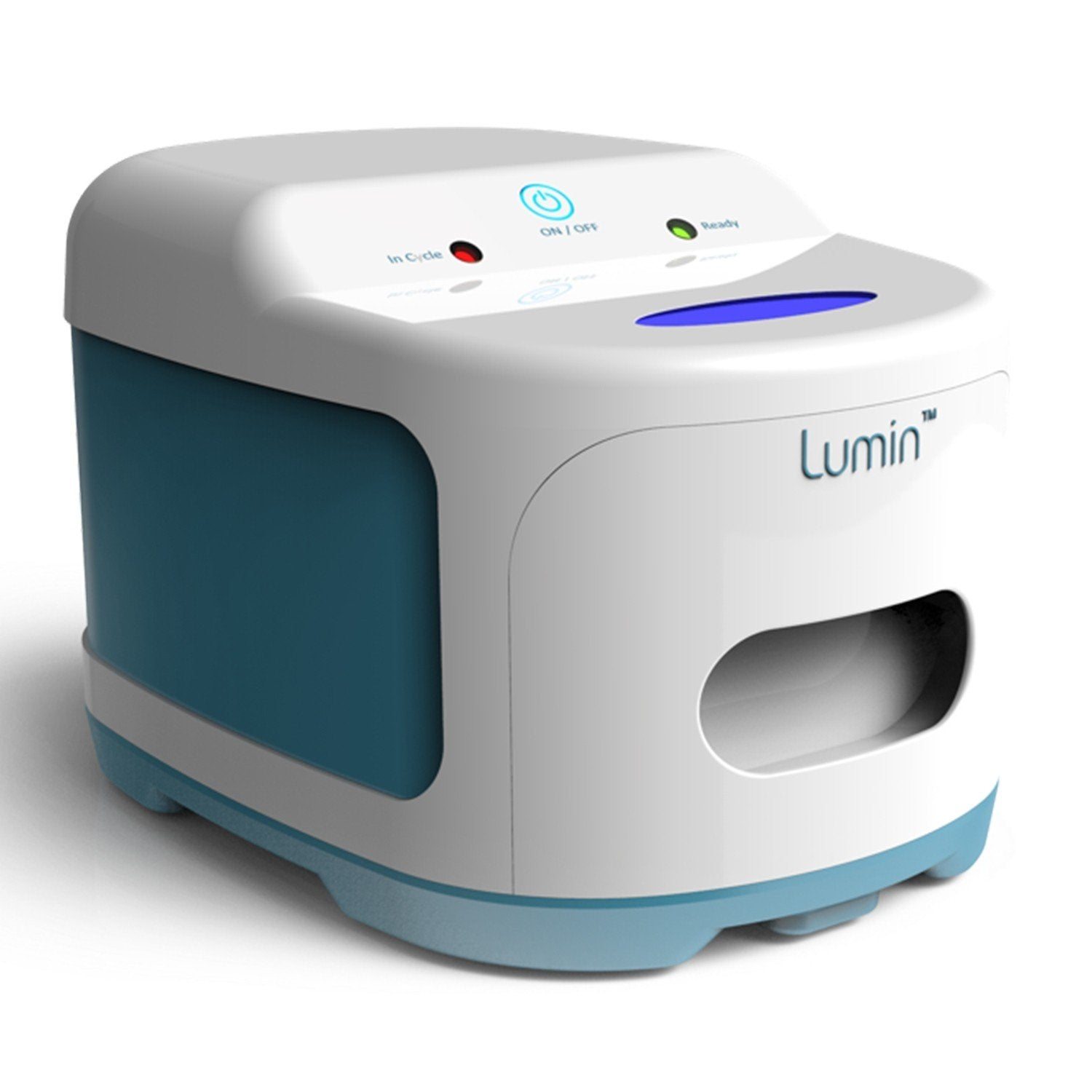
Better sleep for women
Share
How much more sleep do women need?
Dr. Carmel Harrington
Women need an average 20–30 minutes more sleep each night than men, says Harrington. The two main reasons they struggle to get that sleep, she says, are:
- Women often go to bed and wake up at the same time as their male bed partners, therefore getting less sleep than they need every night; and
- Women experience many hormonal changes after puberty that can affect their sleep needs (ie, menstrual cycles, pregnancy, lactation, menopause), while men’s hormones are more evenly balanced after their teenage years.
Harrington suggests talking to your doctor whenever you’re experiencing fatigue or loss of energy, even if you’ve felt that way for a long time and have learned to cope with it. Your fatigue could be the result of an increased sleep need due to a hormonal change or even a sleep disorder. Harrington says that around menopause, roughly half of all women will experience sleeping difficulties, sometimes as a result of a sleep disorder.
(Of course, a third reason why some women might struggle to get enough sleep is if their male partner’s snoring is keeping them awake. 37% of all adults snore, according to the National Sleep Foundation, and “about one-half of people who snore loudly have obstructive sleep apnea.” So encouraging your snoring bedmate to get tested for sleep apnea may help you both get better sleep.)
We’re always told we’re sleep deprived. Why the need for women’s awareness?
Harrington says there are several reasons:
- When women have sleep issues, Harrington says they often (and understandably) just mention their daytime symptoms (ie, fatigue, headaches, depression). As a result, many doctors will prescribe treatments for those symptoms without testing to see if there’s an underlying disorder like sleep apnea, the treatment of which could alleviate the related problems. While more physicians are becoming aware of sleep apnea, it’s important for women to ask them if it could be causing their symptoms.
- 15% of women snore,1 according to WebMD, but Harrington says women don’t often tell their doctors because they’re embarrassed. But snoring is still the top predictor of sleep apnea in both women and men,2 so it’s critical to tell your doctor if you do.
- More working women are not only aware of their sleep deprivation; some wear it as a badge of honor, said media mogul Arianna Huffington in a 2010 speech. She and Dr. Harrington are among female leaders advocating that sleep deprivation is not a sign of success, but rather that proper sleep will lead to greater success.
Aren’t eating right and exercise enough to stay healthy?
Nutrition and exercise are two pillars of good health, says Harrington, but sleep is the third. Sleep deprivation has been linked to a higher risk of anxiety, depression, stroke, heart disease, type 2 diabetes, breast cancer and physical injury.3 Plus, a good night’s sleep aids our metabolism (to complement our weight control efforts) and gives us more energy (to exercise, as well as concentrate and perform other critical daily tasks).





1 comment
3